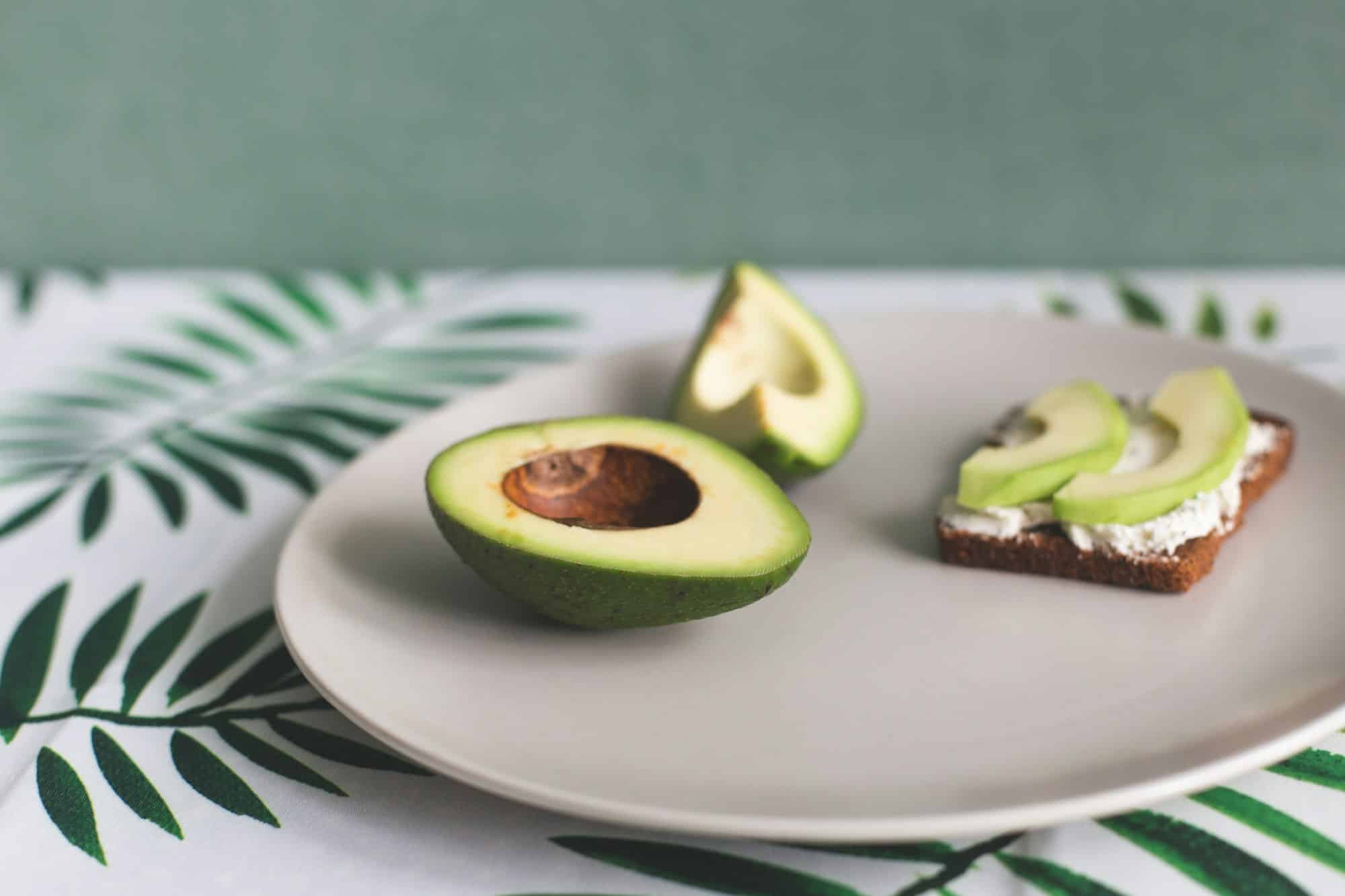Does Incorporating Avocado into Daily Dietary Intake Lower Bad Cholesterol Levels?

As we delve deeper into the realm of nutrition and health science, we are constantly finding that certain foods offer surprising health benefits. One such food is the humble yet mighty avocado. The creamy green fruit is a popular choice for a myriad of dishes, from guacamole dips to avocado toast and salads. Yet, beyond its delicious taste and versatility, the avocado has been gaining recognition for its potential health benefits, particularly in relation to heart health and cholesterol levels. This article will explore the scientific evidence behind the claim that incorporating avocado into your daily diet can lower bad cholesterol levels.
The Cholesterol Conundrum: Understanding Good and Bad Cholesterol
Before we dive into the heart of the topic, it’s essential to have a basic understanding of cholesterol and its impact on our health. Cholesterol, a waxy substance found in your blood, is essential for the creation of healthy cells. However, having too much of it can increase your risk of heart disease.
En parallèle : How to Optimize Sleep Hygiene for Shift Workers in Healthcare Settings?
There are two main types of cholesterol: High-Density Lipoprotein (HDL) or ‘good’ cholesterol, and Low-Density Lipoprotein (LDL) or ‘bad’ cholesterol. HDL cholesterol helps carry cholesterol from other parts of your body back to your liver, which then removes it from your body, reducing the risk of heart disease. Conversely, LDL cholesterol can build up in the walls of your blood vessels, forming plaques that can narrow or block the blood flow, hence increasing the risk of heart disease.
The Role of Avocado in a Heart-Healthy Diet
Avocados are a nutrient-rich food that can contribute to a heart-healthy diet. They are high in monounsaturated fat, a type of fat that has been linked to reduced levels of LDL cholesterol and an increased level of HDL cholesterol. In addition to monounsaturated fats, avocados also contain a substantial amount of dietary fiber and antioxidants, both of which contribute to heart health.
Lire également : How Does a Gluten-Free Diet Impact Athletic Performance in Non-Celiac Athletes?
Moreover, avocados are low in saturated fats and free of cholesterol and sodium, making them a suitable choice for those aiming to maintain or attain healthy cholesterol levels. But how exactly does incorporating avocado into your daily diet influence your cholesterol levels?
The Science Behind Avocados and Cholesterol Levels
Several studies have explored the relationship between avocado consumption and cholesterol levels. In a study published in the Journal of the American Heart Association, researchers discovered that overweight and obese participants who incorporated one avocado per day into their diet showed reduced levels of LDL cholesterol.
In another study, a group of adults with high LDL cholesterol levels was split into three diet groups. One group was put on a low-fat diet, the second group on a moderate-fat diet without avocados, and the third group on a moderate-fat diet with one avocado per day. After five weeks, the group consuming an avocado daily showed significantly lower LDL cholesterol levels compared to the other two groups.
These findings suggest that not only are avocados beneficial in a general heart-healthy diet, their addition to your daily diet may specifically help to lower bad cholesterol levels.
Incorporating Avocado into Your Daily Diet
Given the potential benefits, how can you incorporate avocados into your daily diet? The options are endless. Start your day with avocado toast, add sliced avocado to your salads, include it in your smoothies for a creamy nutrient boost, or even use it as a healthier replacement for butter in baked goods.
Remember, while avocados offer potential health benefits, they are also high in calories due to their fat content. Therefore, moderation is key. The Dietary Guidelines for Americans recommend that fats make up 20 to 35 percent of your daily calories, and avocados should be part of that fat intake rather than an addition to it.
In conclusion, the research supports the idea that incorporating avocado into your daily diet can help lower LDL cholesterol levels, contributing to a healthier heart. However, it is equally important to maintain a balanced diet and a healthy lifestyle, including regular exercise.
The Meta-analysis: A Deeper Dive into Avocado and Cholesterol Studies
Meta-analysis is a statistical tool that combines the results of several independent studies considered to be ‘combinable’. It’s an effective method to get a clearer picture of scientific theories and assumptions, including the link between daily avocado intake and lowered LDL cholesterol levels.
A notable meta-analysis published in the Journal of Nutrition examined ten unique studies focused on the impact of incorporating avocado into daily diet. This particular analysis reported that avocado consumption was associated with a decrease in total cholesterol, LDL cholesterol (the "bad" cholesterol), and triglyceride levels. The analysis also observed a slight increase in HDL cholesterol (the "good" cholesterol), which can further contribute to heart health.
Avocados are rich in heart-healthy monounsaturated fatty acids (MUFAs) and polyunsaturated fatty acids (PUFAs). According to the National Library of Medicine, these types of fats can help reduce LDL cholesterol levels and increase HDL cholesterol levels when used to replace saturated fats and trans fats in your diet.
The fiber content in avocados also plays a crucial role in managing cholesterol levels. Dietary fiber can lower the amount of cholesterol your body absorbs from the foods you eat. Avocados are a great source of dietary fiber, with one avocado containing approximately 13 grams of fiber.
It’s worth noting that individual response to dietary changes can vary widely and is influenced by various factors including genetics, overall diet quality, and lifestyle factors. Therefore, while these studies reported significant benefits of avocado intake on cholesterol levels, the impact can differ from person to person.
Conclusion: Avocado, a Valuable Addition to Heart-Healthy Diets
In conclusion, the incorporation of avocados into your daily diet offers numerous potential benefits for cardiovascular health, as supported by numerous studies and meta-analysis findings. By consuming an avocado a day, you can help decrease your LDL cholesterol and total cholesterol levels while increasing HDL cholesterol levels. This can lead to a reduction in the risk of heart disease.
Moreover, the high fiber content and the presence of monounsaturated and polyunsaturated fatty acids make avocados a highly nutritious food that can contribute towards better diet quality.
However, it’s essential to remember that while they are nutrient-dense, avocados are also high in calories. Balancing your avocado intake with other healthy foods and regular exercise is crucial. As part of a heart-healthy diet, avocados should replace less healthy fats rather than being an addition to an already high-fat diet.
In closing, avocados hold a promising role as a dietary intervention for lowering cholesterol levels. However, as always, it’s crucial to consider your overall diet and lifestyle when aiming for better heart health. Regular health check-ups and consulting with a healthcare provider or a nutrition professional can provide a more personalized approach to incorporating avocados into your diet and ensuring optimal heart health.
